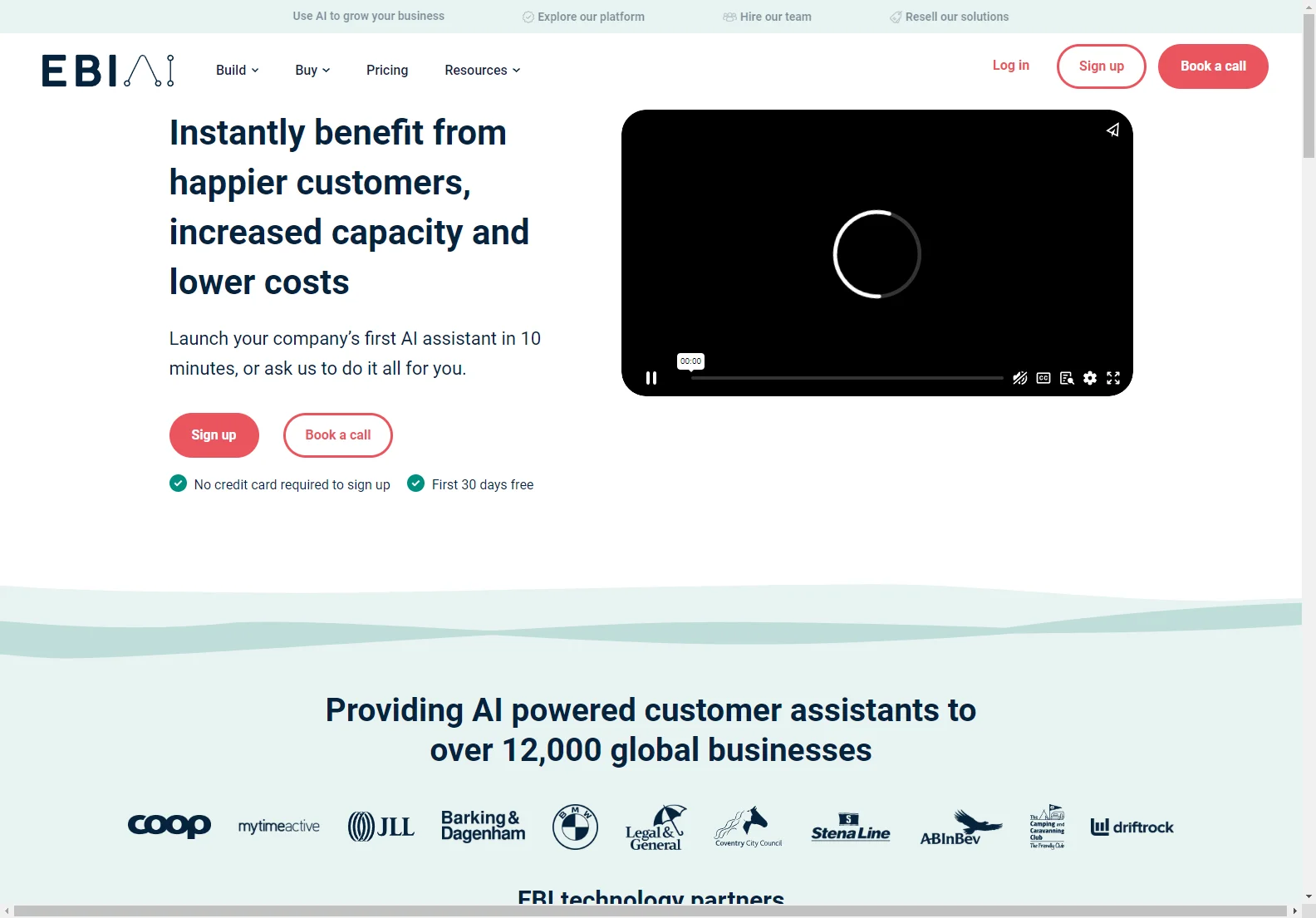Using an AI Assistant: Happier Customers and Lower Costs
This article explores how businesses can leverage AI assistants to improve customer satisfaction, increase efficiency, and reduce operational costs. We'll examine the benefits, implementation strategies, and real-world examples of successful AI assistant deployments.
The Benefits of AI Assistants
AI assistants offer a multitude of advantages for businesses of all sizes. Key benefits include:
- Increased Customer Satisfaction: AI assistants provide instant support, resolving simple queries and freeing up human agents to handle more complex issues. This leads to faster response times and improved customer experiences.
- Enhanced Efficiency: Automating routine tasks like answering FAQs and scheduling appointments frees up valuable employee time, allowing them to focus on higher-value activities.
- Reduced Costs: By handling a significant portion of customer interactions, AI assistants can significantly reduce labor costs associated with customer service.
- 24/7 Availability: Unlike human agents, AI assistants are available around the clock, providing continuous support to customers.
- Scalability: AI assistants can easily scale to handle increasing customer volumes without requiring additional staffing.
Implementing an AI Assistant
Implementing an AI assistant involves several key steps:
- Identify your needs: Determine which tasks can be automated and the specific functionalities required from your AI assistant.
- Choose a platform: Select an AI assistant platform that meets your needs and integrates with your existing systems.
- Train your assistant: Provide your AI assistant with the necessary data and training to ensure it can accurately respond to customer queries.
- Integrate with existing systems: Integrate your AI assistant with your CRM, website, and other relevant systems to ensure seamless operation.
- Monitor and optimize: Continuously monitor the performance of your AI assistant and make adjustments as needed to improve its accuracy and efficiency.
Real-World Examples
Many businesses have successfully implemented AI assistants to improve their operations. For example, a retail company might use an AI assistant to handle order inquiries and track shipments, while a financial institution might use one to answer customer questions about account balances and transactions.
Case Study: EBI.AI
EBI.AI is a company that provides AI-powered customer assistants to businesses worldwide. Their customers have reported significant improvements in customer satisfaction, efficiency, and cost savings. One customer achieved a 533% ROI within six months of implementing EBI.AI's solution.
Conclusion
AI assistants are a powerful tool that can help businesses improve customer satisfaction, increase efficiency, and reduce costs. By carefully planning and implementing an AI assistant strategy, businesses can unlock significant benefits and gain a competitive advantage.

